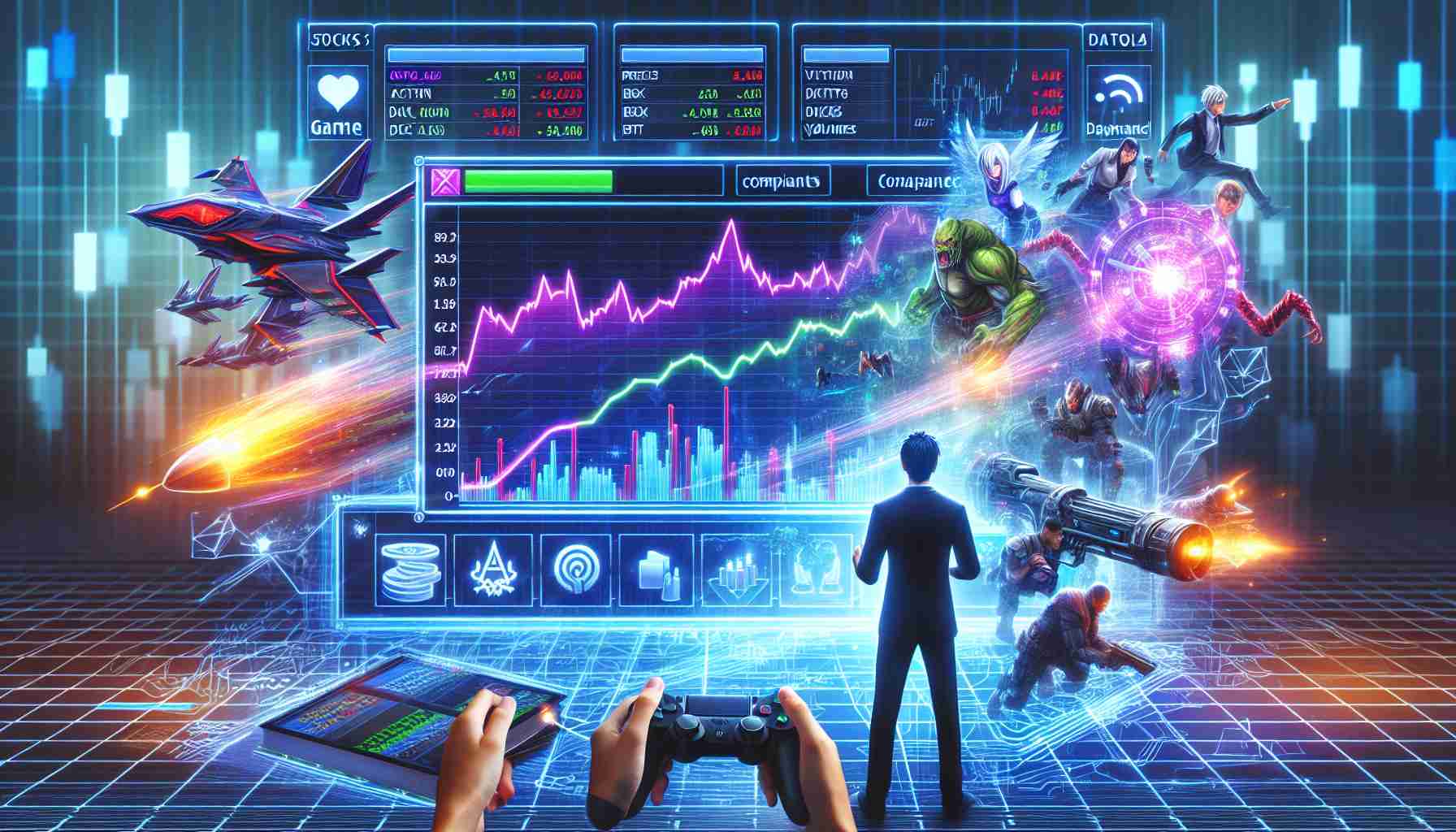In the ever-evolving world of technology and finance, the intersection of gaming and stock market strategies is gaining momentum. MicroStrategy, a firm traditionally known for its business intelligence platforms and bold Bitcoin investments, is now making headlines for its potential impact on how we perceive stock market participation, especially through gamification.
Innovative Trading Interface
Over the years, MicroStrategy’s keen interest in cutting-edge technologies has not gone unnoticed. The company is rumored to be exploring the integration of a gaming-like interface in its stock trading platforms. Such a transformation aims to attract younger, tech-savvy investors by borrowing elements from popular video games — think of cryptocurrency trade battles or stock portfolio quests that keep users engaged and informed about market trends in a dynamic environment.
The Future of Stock Market Engagement
The incorporation of game mechanics into investing could revolutionize how individuals interact with the stock market. The combination of thrilling, interactive gameplay with financial literacy tools might not only educate potential investors but also democratize access to market participation. As gamers become accustomed to navigating complex virtual worlds, they could transfer these problem-solving skills to manage real financial assets.
Potential Risks and Rewards
While gamification offers exciting possibilities, it also carries risks. Making stock trading feel like a game could potentially lead to impulsive decisions. However, with proper regulations and strategic educational content, the next generation of investment platforms could strike a balance between fun and responsible trading. As MicroStrategy steps into this uncharted territory, the fusion of gaming and stock investments could become a game-changer in both worlds.
The Game-Changing Fusion of Gaming and Finance: A New Era of Stock Market Engagement?
The burgeoning trend of integrating gaming elements into financial platforms is not just a fleeting innovation—it’s poised to reshape economic landscapes globally. As firms like MicroStrategy lead this transformation, the ripple effects could be profound and widespread, affecting individuals, communities, and national economies alike.
Empowering Local Communities
One lesser-known yet significant impact of gamified trading platforms could be on local communities. As financial literacy becomes more accessible through engaging interfaces, individuals who traditionally felt excluded from the stock market can now potentially participate, strengthening local economic ecosystems. By empowering people with the tools and knowledge to invest, communities could witness a democratization of wealth and opportunities.
International Perspectives and Controversies
Interestingly, the gamification of finance may also invite regulatory challenges. Nations with strict financial oversight might struggle with how to classify these new platforms. Are they games, financial tools, or perhaps a hybrid? Additionally, cultural differences in gaming could affect how these platforms are perceived and adopted globally. Some countries might embrace this fusion eagerly, while others remain cautious, concerned about promoting gambling-like behavior among their citizens.
Advantages vs. Disadvantages
The advantages are clear: increased engagement, financial education, and broader market participation. Yet, the potential disadvantages, such as impulsive decision-making and addiction, cannot be ignored. How will platforms balance these competing aspects? The answer might lie in integrating comprehensive educational modules and setting up robust guardrails to prevent misuse.
For more insights into the evolving world of digital finance, visit MicroStrategy. As we watch this space evolve, one question remains: Are we ready for the game-changing future of financial engagement? Time will tell.



















